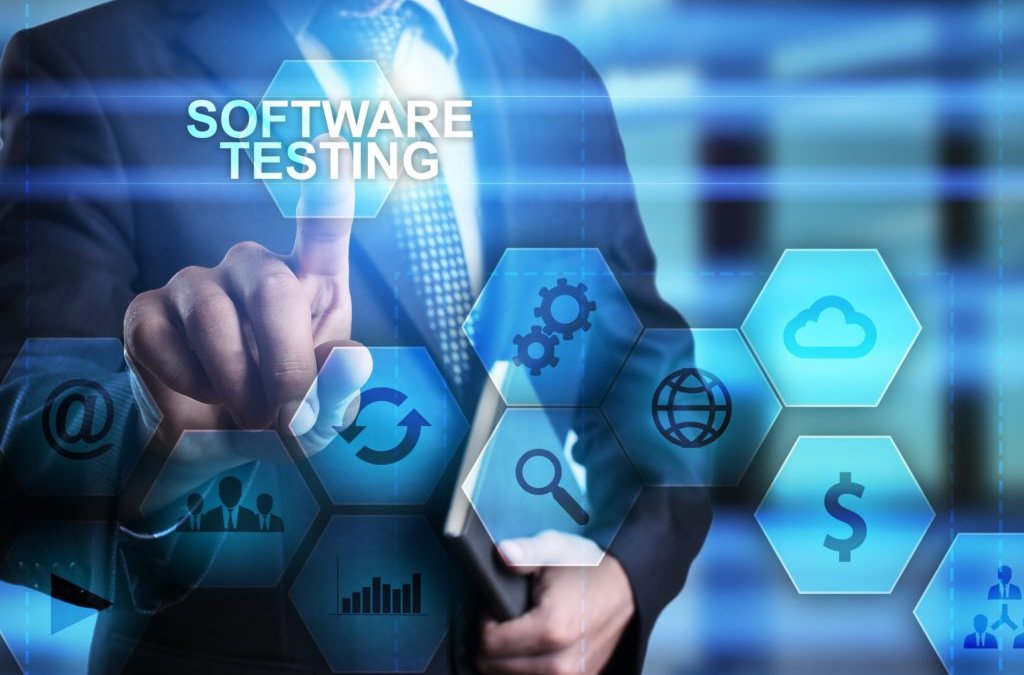The scope of software testing in 2025 and beyond is expected to be shaped by emerging technologies, evolving methodologies, and increasing demands for higher quality in software products. As we look to the future, several key trends are likely to define the role of software testing in the coming years:
1. Increased Automation
- Automation Growth: With the rise of DevOps and Agile methodologies, automated testing will continue to expand. Test automation tools will become more sophisticated, enabling faster test cycles and more comprehensive test coverage.
- AI and Machine Learning: AI-driven test automation will reduce human intervention and improve efficiency. Machine learning algorithms will optimize test cases, predict potential failure points, and analyze large datasets from tests to identify issues proactively.
- Intelligent Test Automation: Self-healing tests and intelligent test scripts, which can adapt to changes in the application under test, will be developed to minimize maintenance efforts.
2. AI and Machine Learning in Software Testing
- Test Generation and Optimization: AI will be used to automatically generate test scripts and select test cases based on risk analysis, improving test coverage and speed. This will reduce the time needed for manual test creation.
- Predictive Analytics: AI will help in predicting which areas of the software are most likely to fail based on historical data, helping testers focus on high-risk areas.
3. Shift-Left Testing
- Early Detection of Bugs: Testing will move earlier in the development lifecycle, with a greater focus on “shift-left” testing, where defects are caught as early as possible, often during the coding phase.
- Continuous Integration/Continuous Testing: As part of DevOps practices, continuous testing will be integrated into the CI/CD pipelines, allowing for the continuous validation of code in development and production environments.
Know more- Software Testing Classes in Pune
4. Integration with Other Disciplines
- Collaboration Across Teams: Testers will collaborate more closely with developers, business analysts, and operations teams. This cross-functional collaboration ensures that testing becomes an integral part of the development process, fostering faster delivery and higher-quality software.
- Security Testing: With the increasing number of cyberattacks, security testing will be integrated with regular testing practices. Testers will need to work with developers to identify vulnerabilities and weaknesses in code from the beginning.
- Performance and Usability Testing: As users demand faster, more reliable applications, performance and usability testing will become critical to ensure that software can handle increasing user loads and provide excellent user experiences.
5. Cloud-Native and Distributed Systems Testing
- Cloud Testing: As more applications move to the cloud, testing tools will need to adapt to support testing in distributed, cloud-native environments. Testers will be required to ensure that applications function well across different cloud platforms and maintain performance during scaling.
- Microservices and Containers: With the growing use of microservices and containerized applications, testing will need to focus on ensuring the reliability of individual components and their interactions. End-to-end testing in these environments will become more complex, requiring sophisticated testing tools and strategies.
6. Continuous Feedback and Real-World Testing
- Feedback Loops: Real-time feedback from testing will be more integrated into the development pipeline, allowing developers to address issues faster and more effectively. Feedback from actual users (via beta testing or monitoring tools) will also drive improvements in software quality.
- Post-Production Monitoring: As software systems become more complex, continuous monitoring in production environments will become essential. Software testers will work with operations teams to identify issues in live systems and ensure timely fixes.
7. No-Code/Low-Code Development and Testing
- Simplified Testing for Non-Technical Users: With the rise of no-code and low-code development platforms, the role of testing will also evolve. These platforms will allow non-technical users to develop and test applications, and testers will focus on verifying the functionality and integrity of these simplified applications.
- Integration of Testing in Low-Code Platforms: Low-code platforms will integrate automated testing tools to allow users to test their applications more easily and quickly.
Know more- Software Testing Course in Pune
8. Testers as Quality Advocates
- Quality Ownership: In the future, testers may increasingly become “quality advocates” rather than just gatekeepers. They will work proactively to ensure quality is embedded throughout the development process, ensuring that testing isn’t just about finding bugs but also about ensuring the product meets user needs and expectations.
- Shift in Skillset: The skill set for testers will continue to evolve, with greater demand for knowledge in automation, AI, cloud platforms, and data analysis. Testers will need to be well-versed in the latest tools, programming languages, and testing strategies.
9. Ethical and Regulatory Testing
- Ethical AI Testing: As AI technologies become more integrated into software, there will be a growing need for testers to ensure that AI algorithms are ethical, unbiased, and transparent.
- Compliance Testing: Software applications, especially those in regulated industries (healthcare, finance), will need to meet increasing compliance requirements. Testers will ensure that the software adheres to these regulations and standards, particularly regarding data privacy and security.
10. Testing in Emerging Technologies
- Blockchain Testing: As blockchain technology becomes more mainstream, testing will focus on ensuring the integrity and security of decentralized applications (DApps) and smart contracts.
- IoT Testing: The growth of the Internet of Things (IoT) will require new testing strategies to handle the vast network of interconnected devices, ensuring they work properly together and maintain security.
- Augmented and Virtual Reality: With the rise of AR/VR, testing will need to evolve to validate the performance, usability, and security of immersive experiences, particularly in fields like gaming, healthcare, and education.
Know more- Software Testing Training in Pune
